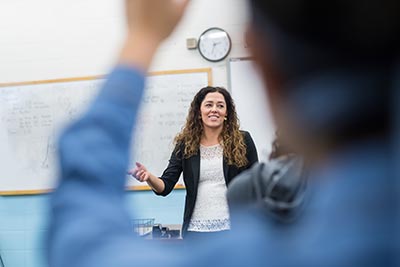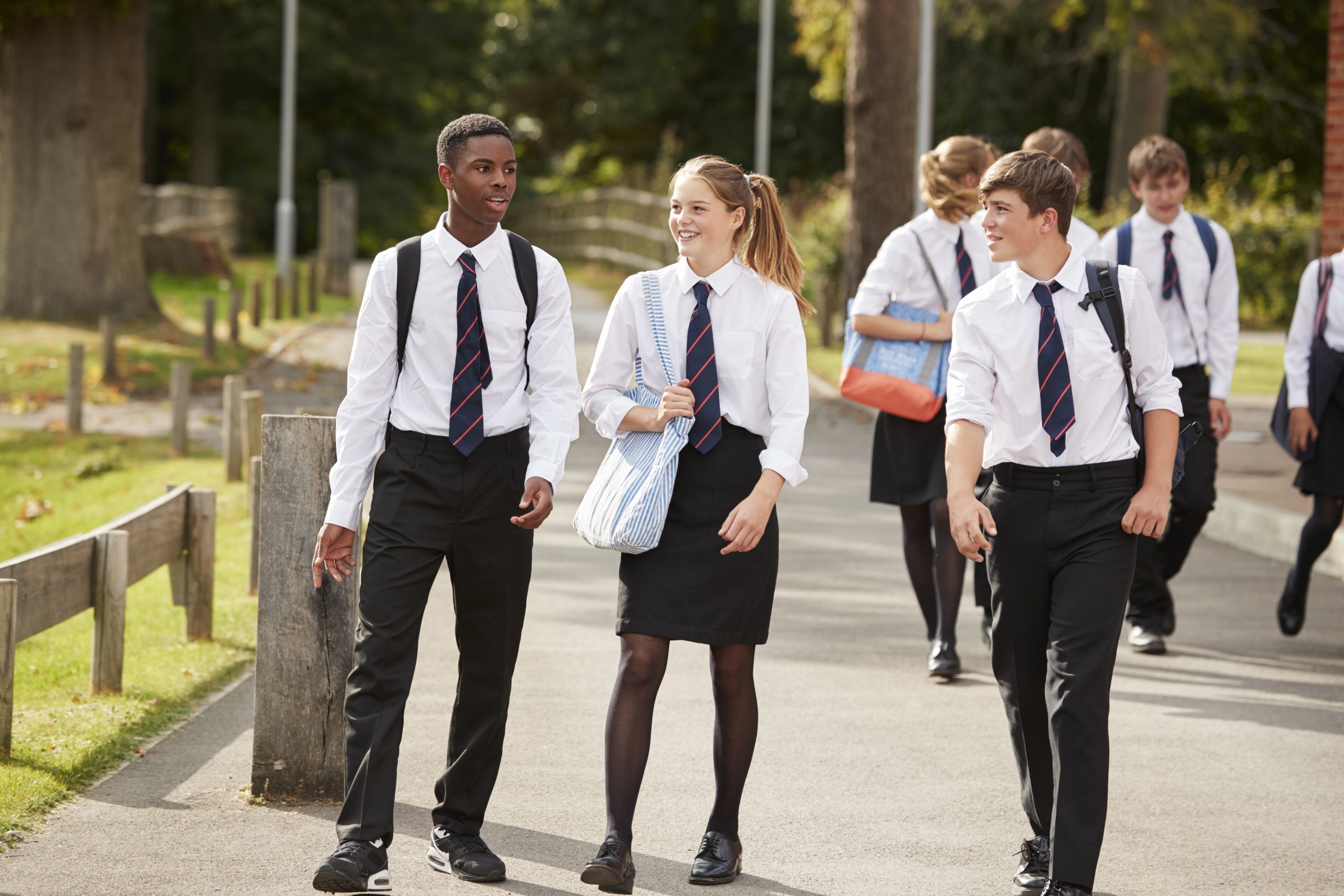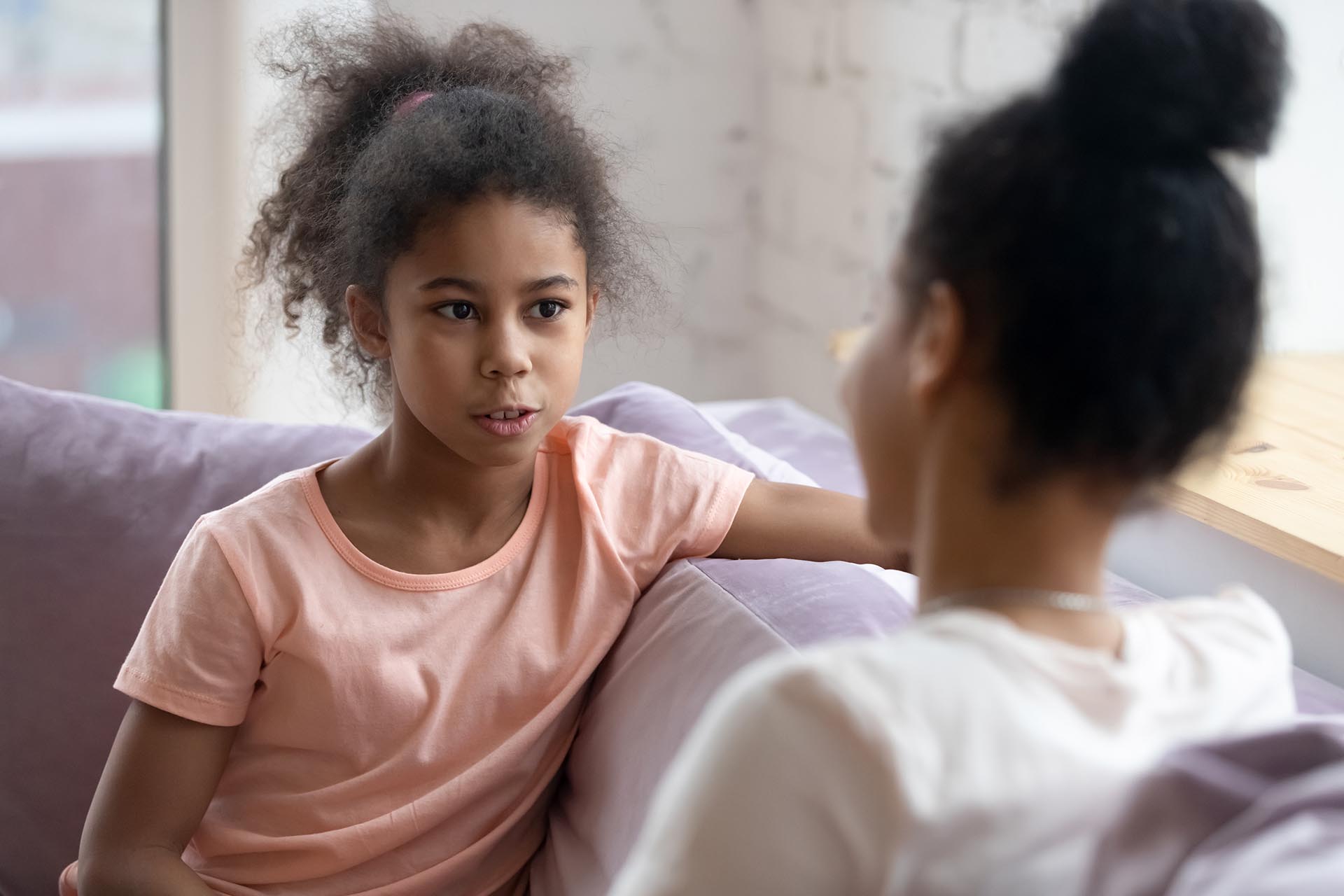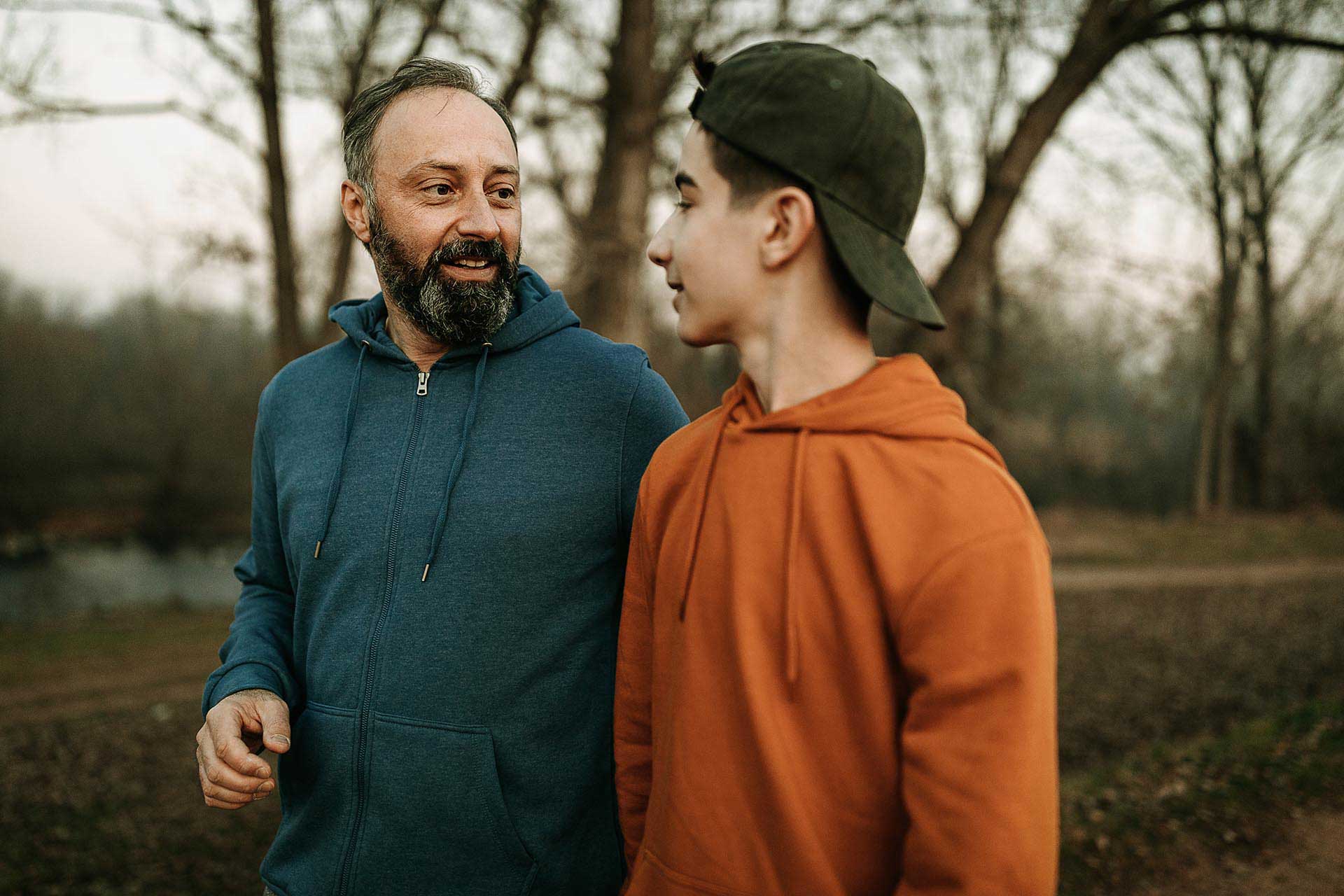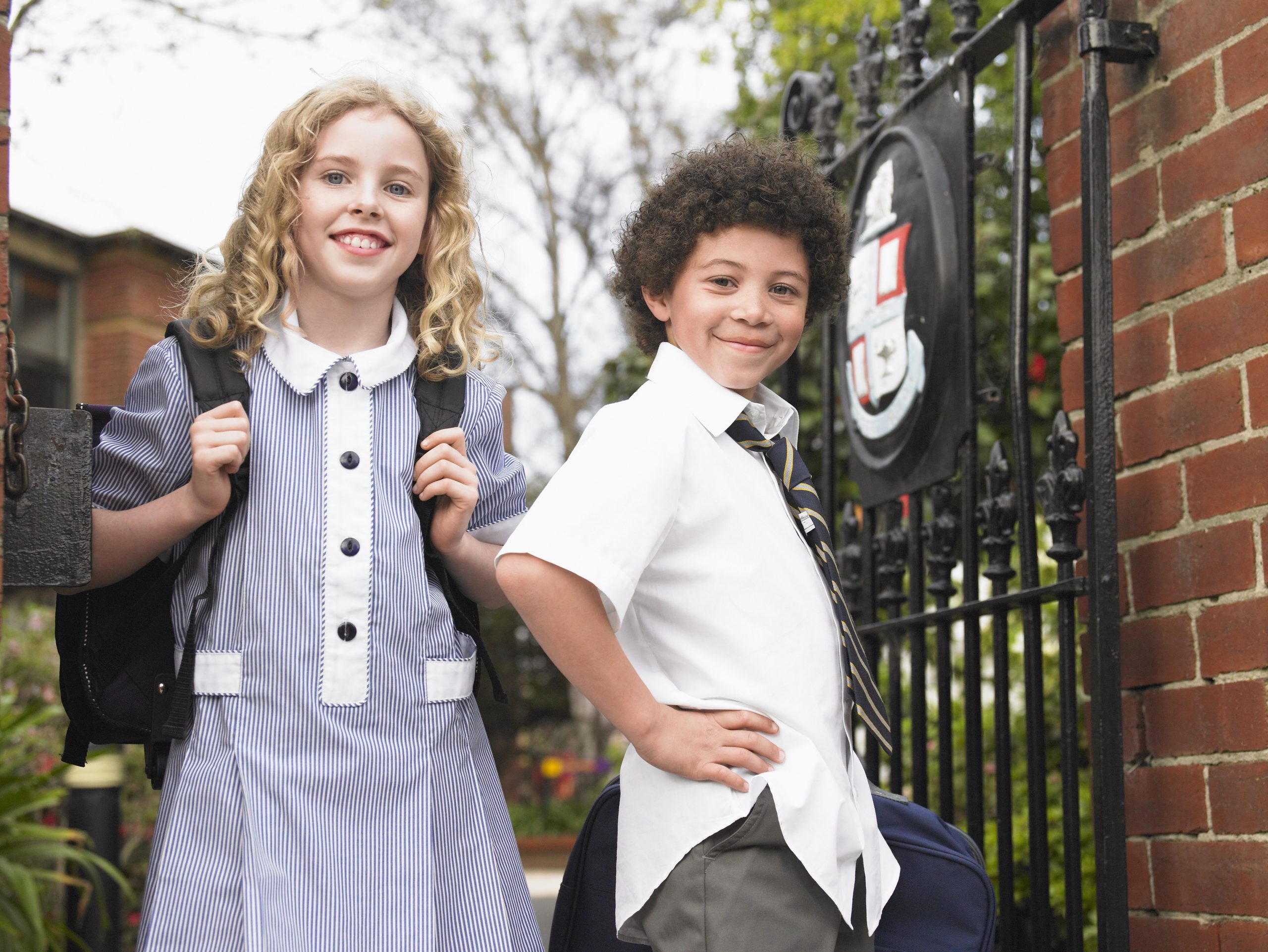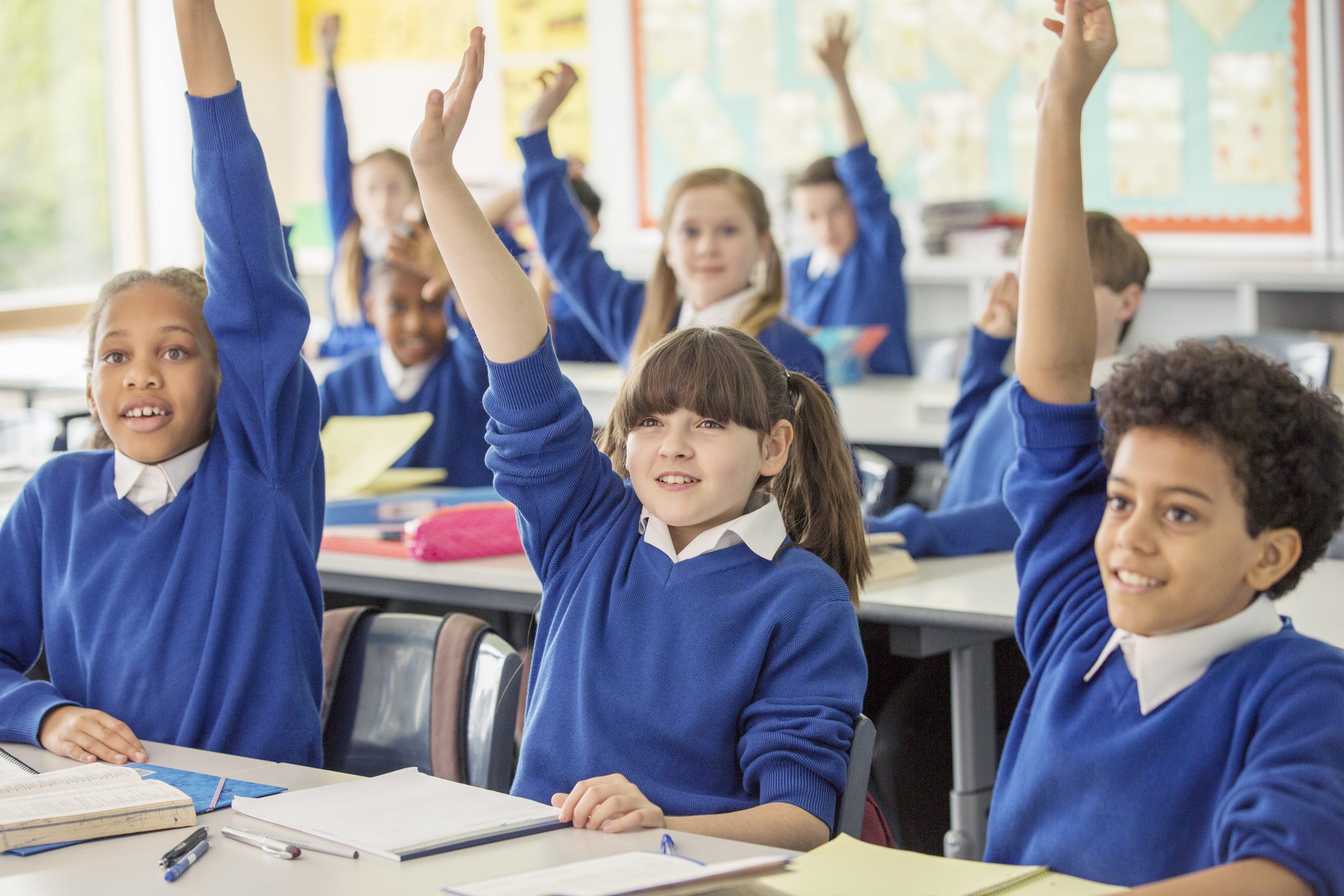Our 3-week Living & Growing Programs are delivered at primary schools, across three weeks during term. At the lower primary year levels, the programs are simple and gentle, and then they build in terms of concepts and knowledge across the year levels. The Year 3-4 programs include an introduction to puberty, and at the Year 5-6 level the focus of the program is the changes of puberty.
